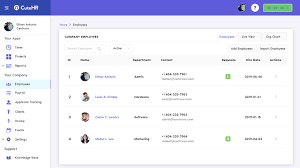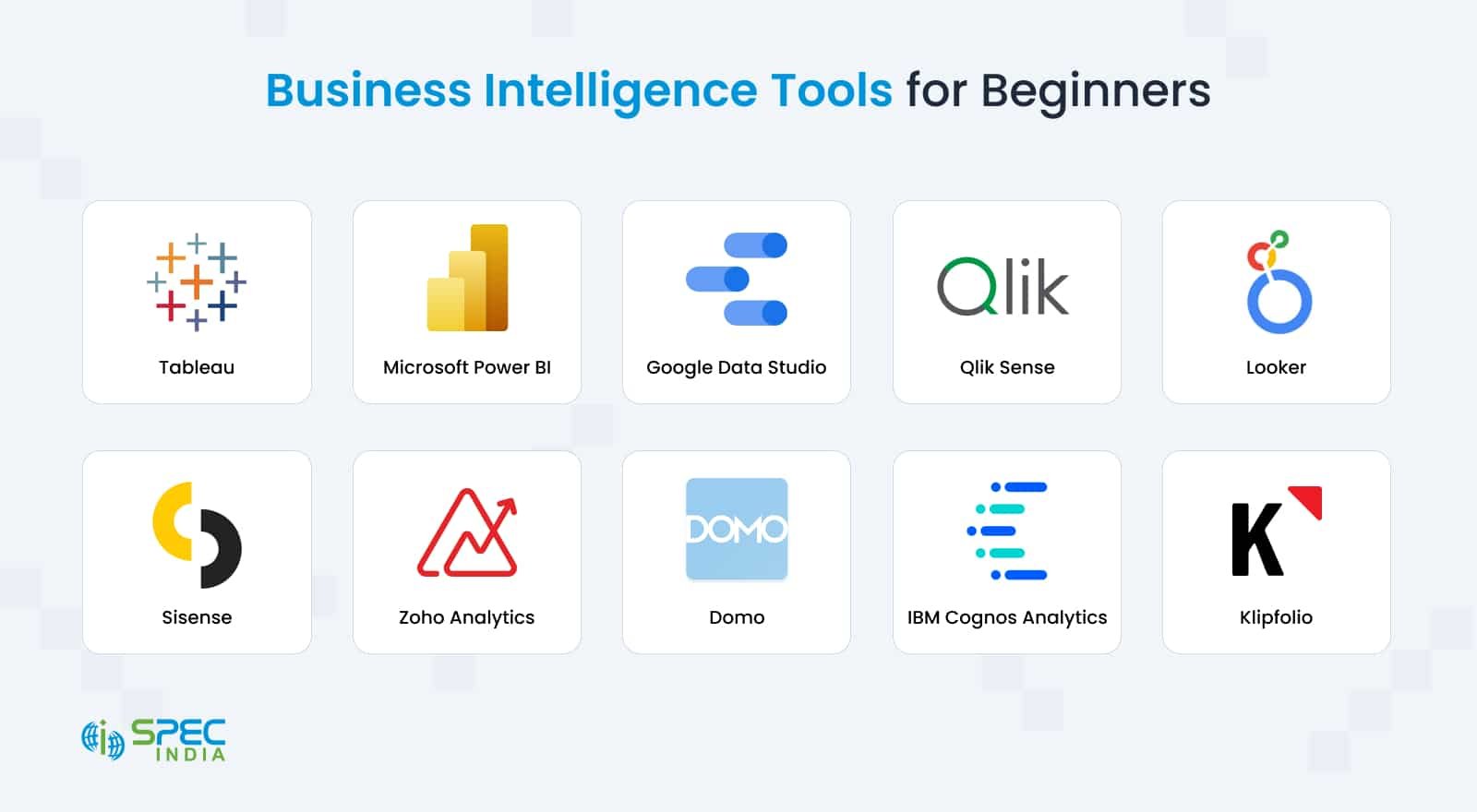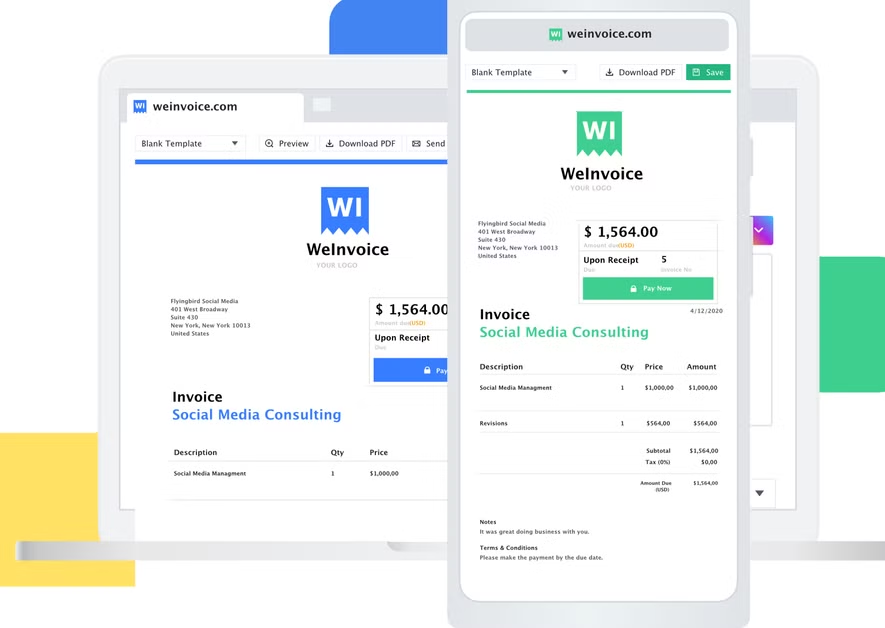Best HR Software for Employee Management to Boost Productivity

In today’s competitive business environment, managing employees effectively is essential for growth and retention. With remote work, hybrid teams, and diverse workplace demands, companies need smarter solutions to streamline HR processes. This is where HR software for employee management becomes a game-changer. By automating tasks, improving data accuracy, and offering valuable insights, these tools help organizations focus more on people and less on paperwork.
Why Businesses Need HR Software for Employee Management
Traditional HR processes often involve manual data entry, paperwork, and repetitive tasks. This can lead to errors, inefficiencies, and wasted time. In contrast, HR software for employee management centralizes all HR activities in one digital platform, enabling faster decision-making and better workforce organization. It helps businesses manage recruitment, onboarding, payroll, attendance tracking, and employee performance with ease.
One major benefit is the ability to reduce administrative burdens. For instance, instead of manually calculating payroll, the software can process payments automatically based on attendance and leave records. This ensures employees are paid accurately and on time, improving satisfaction and trust.
Key Features to Look For in HR Software
When selecting HR software for employee management, it’s important to evaluate the features that align with your organization’s needs. Here are some essential capabilities:
-
Recruitment and Onboarding Tools – Simplifies hiring by posting job listings, managing applications, and automating onboarding steps.
-
Time and Attendance Tracking – Monitors work hours, overtime, and leave requests to ensure compliance and accurate payroll.
-
Payroll Management – Automates salary calculations, tax deductions, and direct deposits.
-
Performance Monitoring – Helps track employee KPIs, conduct reviews, and set career development goals.
-
Employee Self-Service Portal – Empowers staff to update personal details, view pay slips, and request leave without involving HR staff.
-
Data Analytics and Reporting – Provides valuable insights into workforce trends, helping managers make informed decisions.
Benefits of Implementing HR Software
The advantages of using HR software for employee management go beyond basic administrative functions. Companies that adopt these tools often see improvements in efficiency, compliance, and employee engagement.
-
Time Savings – Automated systems free HR teams from repetitive tasks, allowing them to focus on strategic projects.
-
Improved Accuracy – Eliminates human errors in payroll and record-keeping.
-
Enhanced Employee Experience – Self-service features empower employees, leading to higher satisfaction.
-
Regulatory Compliance – Ensures adherence to labor laws and tax requirements with automated updates.
-
Scalability – Adapts easily as your company grows, supporting additional users and functions without significant changes.
HR Software for Remote and Hybrid Teams
With the rise of remote and hybrid work models, HR software for employee management is no longer just a convenience—it’s a necessity. These platforms enable managers to track productivity, attendance, and performance regardless of where employees are located. Integrated communication tools also make it easier for teams to collaborate, share documents, and stay aligned with company goals.
For example, a cloud-based HR platform allows managers to approve leave requests or update employee records from anywhere. This flexibility ensures that HR operations continue smoothly, even when teams are geographically dispersed.
Top HR Software Options in 2025
When looking for HR software for employee management, there are several market leaders worth considering:
-
BambooHR – Known for its user-friendly interface and strong performance tracking features.
-
Zoho People – Offers customizable workflows, making it ideal for small to medium-sized businesses.
-
Workday – A robust enterprise-level HR platform with advanced analytics and AI features.
-
Gusto – Excellent for payroll management and benefits administration.
-
ADP Workforce Now – A well-established solution with comprehensive HR, payroll, and compliance tools.
Each option offers unique features, so the best choice depends on your organization’s specific needs and budget.
How to Choose the Right HR Software
Selecting the best HR software for employee management involves a careful assessment of your company’s priorities. Here’s a quick guide:
-
Identify Pain Points – Pinpoint the HR tasks that consume the most time or cause frequent errors.
-
Set a Budget – Determine how much you’re willing to invest based on the potential ROI.
-
Evaluate User Experience – Choose software that is easy to learn and use for both HR staff and employees.
-
Check for Integration – Ensure the system integrates with your existing payroll, CRM, or project management tools.
-
Look for Scalability – Select a platform that can grow with your company’s future needs.
Integration with Other Business Tools
The true power of HR software for employee management comes when it integrates seamlessly with other essential tools. For instance, linking HR systems with accounting software ensures payroll expenses are automatically updated in financial records. Similarly, connecting HR software with project management platforms allows better alignment between employee performance data and project timelines.
Future Trends in HR Software
As technology advances, HR software for employee management is evolving to include artificial intelligence, predictive analytics, and automation at an unprecedented scale. AI-powered chatbots can answer employee questions instantly, while predictive analytics can help identify high-performing employees or forecast potential turnover risks. Mobile-friendly platforms are also becoming the standard, allowing employees to access HR services from their smartphones.
Additionally, diversity and inclusion tools are being built into HR systems, enabling companies to track diversity metrics and implement fair hiring practices.
Conclusion
Implementing HR software for employee management is no longer optional—it’s essential for businesses aiming to operate efficiently in today’s digital workplace. From recruitment and onboarding to payroll and performance reviews, these systems centralize all HR functions in one place, saving time, reducing errors, and enhancing employee satisfaction. As the workplace continues to evolve, investing in the right HR software will ensure your organization remains competitive, compliant, and ready for future challenges.



